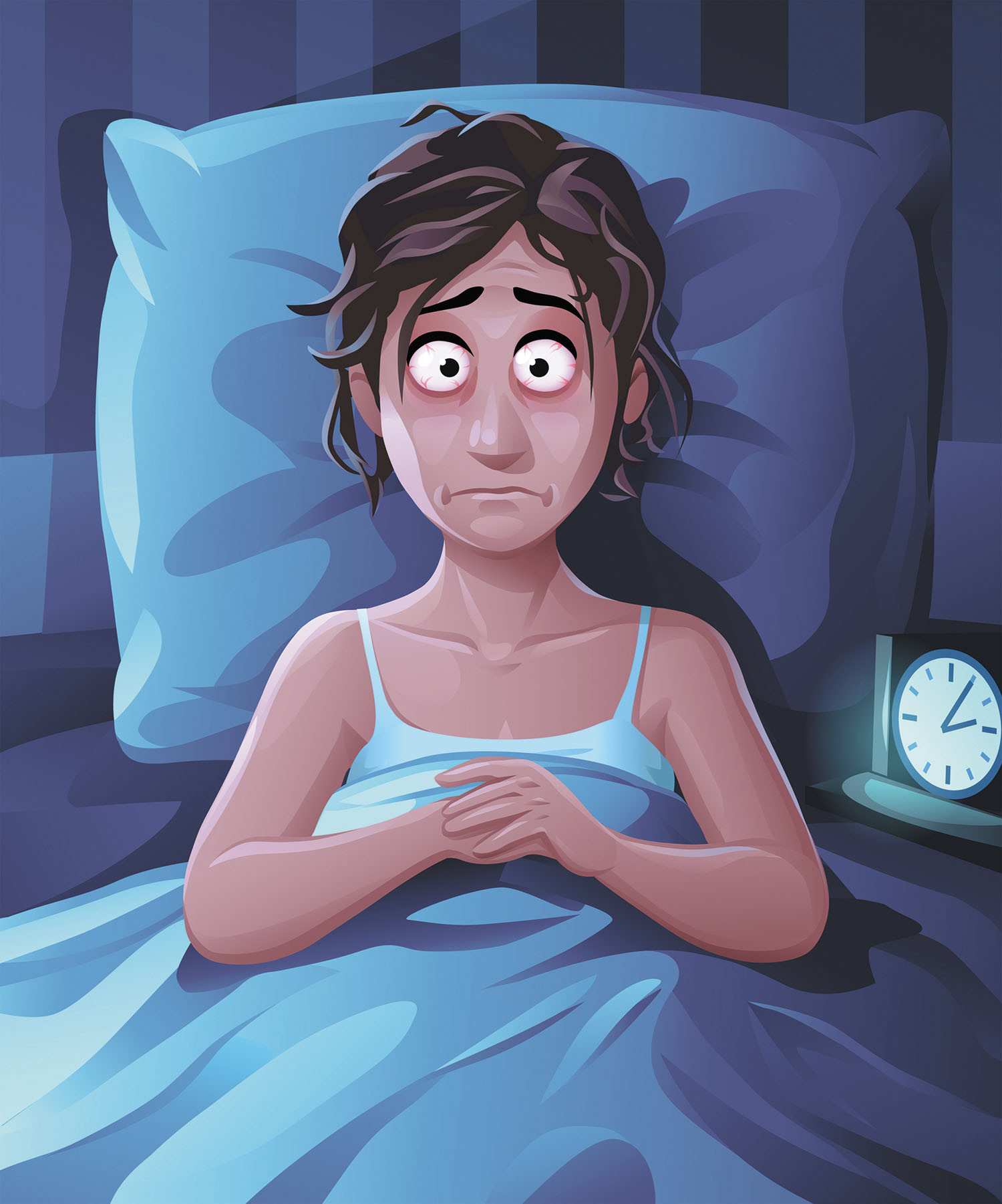In today’s fast-paced world, quality sleep can often feel like a luxury rather than a necessity. With the increasing prevalence of insomnia and sleep disorders, understanding sleep hygiene and adopting good habits can be transformative. Sleep hygiene refers to a series of practices and environmental factors that can help improve the quality of sleep. By focusing on these habits, you can create a more restful and restorative sleep environment.
Understanding Insomnia
Before delving into sleep hygiene, it’s essential to understand insomnia. Insomnia is characterized by difficulty falling asleep, staying asleep, or waking up too early and not being able to return to sleep. This can result in daytime fatigue, mood disturbances, and impaired cognitive function. Insomnia can be caused by various factors, including stress, anxiety, medical conditions, and poor sleep habits. Fortunately, improving sleep hygiene can alleviate many of these issues.
The Importance of Sleep Hygiene
Sleep hygiene plays a crucial role in regulating your sleep cycle. By establishing consistent and healthy habits, you can promote deeper, more restorative sleep. Good sleep hygiene not only helps combat with insomnia but also enhances overall well-being, including physical health, emotional resilience, and cognitive function.
Key Principles of Sleep Hygiene
1. Establish a Consistent Sleep Schedule
One of the most effective ways to improve sleep is to go to bed and wake up at the same time every day, even on weekends. This consistency reinforces your body’s natural circadian rhythm, making it easier to fall asleep and wake up. Aim for seven to nine hours of sleep each night, adjusting based on your personal needs.
2. Create a Relaxing Bedtime Routine
A calming pre-sleep routine can signal to your body that it’s time to wind down. Engage in relaxing activities before bed, such as reading, taking a warm bath, or practicing mindfulness. Avoid stimulating activities like intense exercise or screen time, which can interfere with your ability to fall asleep.
3. Optimize Your Sleep Environment
Your bedroom should be a sanctuary for sleep. Consider the following tips to create an ideal sleep environment:
Darkness: Use blackout curtains or an eye mask to block out light, which can disrupt sleep.
Quiet: Reduce noise with earplugs or a white noise machine. Even slight disturbances can interrupt your sleep cycle.
Comfort: Invest in a comfortable mattress and pillows that suit your sleep style. A good sleeping surface can significantly enhance your comfort.
4. Monitor Food and Drink Intake
What you consume in the hours leading up to bedtime can impact your sleep quality. Here are some dietary tips to consider:
Caffeine: Avoid caffeine-containing beverages (coffee, tea, soda) at least six hours before bedtime, as they can interfere with your ability to fall asleep.
Alcohol: While alcohol may help you relax, it can disrupt your sleep cycle and lead to fragmented sleep.
Heavy Meals: Avoid large meals close to bedtime. Instead, opt for light snacks if you’re hungry, such as a banana or a handful of nuts.
5. Limit Naps
While napping can be beneficial, long or irregular naps during the day can negatively impact nighttime sleep. If you feel the need to nap, try to keep it to 20-30 minutes in the early afternoon to avoid interfering with your nighttime sleep.
6. Get Regular Exercise
Regular physical activity can enhance sleep quality and help reduce stress and anxiety. Aim for at least 30 minutes of moderate exercise most days. However, avoid vigorous workouts close to bedtime, as they can stimulate your body and make it harder to fall asleep.
7. Manage Stress and Anxiety
Stress and anxiety are significant contributors to insomnia. Incorporating stress management techniques into your daily routine can be beneficial. Practices like meditation, deep breathing exercises, and yoga can help calm your mind and prepare your body for sleep.
8. Limit Screen Time Before Bed
The blue light emitted by phones, tablets, and computers can interfere with melatonin production, the hormone that regulates sleep. Aim to unplug from electronic devices at least an hour before bed. Instead, consider reading a physical book or practicing relaxation techniques.
9. Use Your Bed for Sleep Only
Train your brain to associate your bed with sleep by using it only for sleep and intimacy. Avoid working, eating, or watching TV in bed, as these activities can create associations that make it harder to wind down.
10. Seek Professional Help if Necessary
If insomnia persists despite practicing good sleep hygiene, it may be time to seek professional help. Cognitive-behavioral therapy for insomnia (CBT-I) is an effective treatment that helps individuals address the thoughts and behaviors contributing to their sleep difficulties.
Conclusion
Combatting insomnia is often a multifaceted journey, but adopting good sleep hygiene practices can lead to significant improvements. By establishing a consistent sleep schedule, creating a relaxing bedtime routine, optimizing your sleep environment, and managing stress, you can enhance your ability to fall asleep and stay asleep. Remember, developing good sleep habits takes time, and it’s essential to be patient with yourself as you work towards achieving better sleep. Ultimately, prioritizing sleep hygiene is an investment in your overall health and well-being, paving the way for more energized and fulfilling days ahead.
